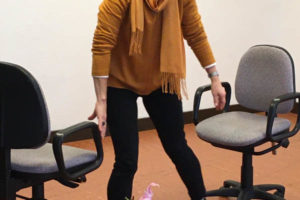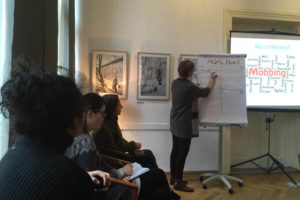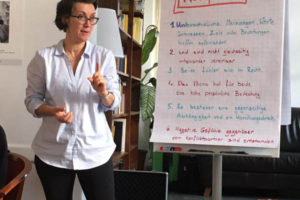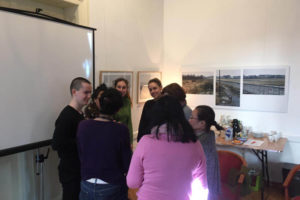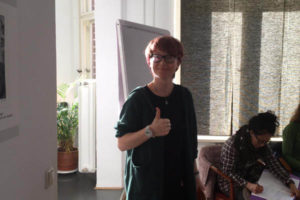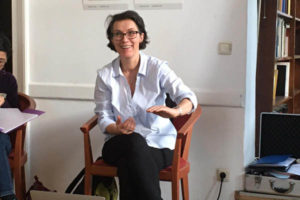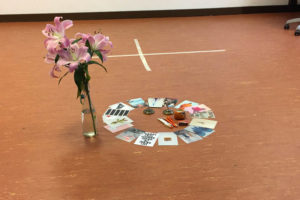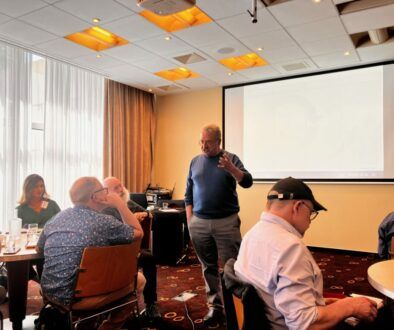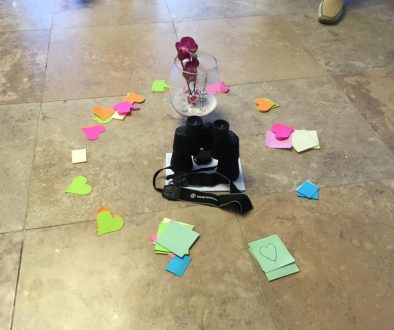Workshops on conflict resolution and prevention
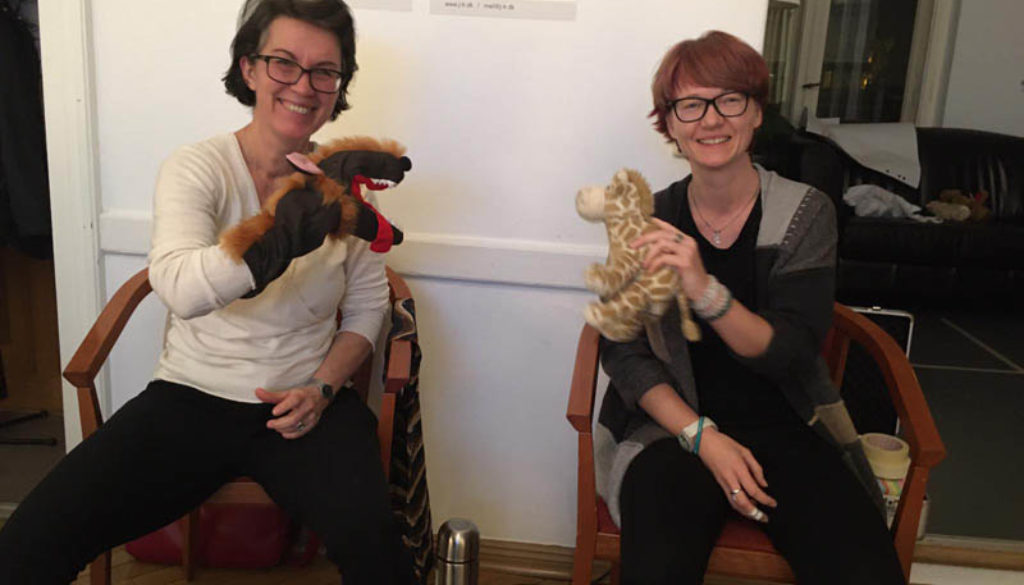
Anna Storck and Agata Nienajadlo ended the series of workshops for multiplicators on the subject of conflict resolution and bullying prevention for volunteers, social workers and people working in the integration work.
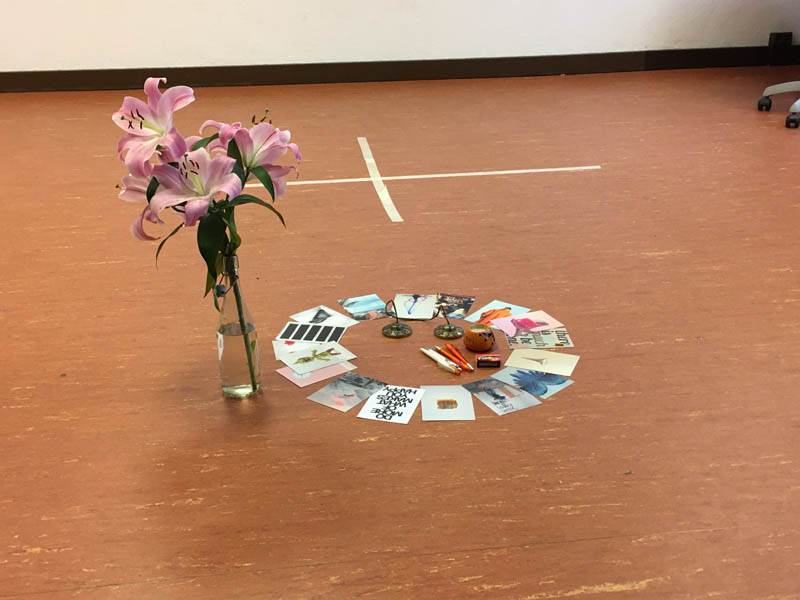 The project was supported by the Federal Ministry of the Interior, Building and Community (BMI) and funded by the Federal Office for Migration and Refugees (BAMF). We organised 3 workshops in total here in Barndenburg, Germany. One in the city of Brandenburg an der Havel and two in Potsdam, where the local branch of IfGIC is settled. The groups very diverse in terms of working environment. Our participants are engaged in projects with children, with refugees, with schools or with cultural groups here in Brandenburg. The size of the groups enabled us to engage in deep conversations about our experiences with conflict and bullying in the daily life and in the working environment and we as trainer could better adjust the content and tools to the need of the participants. We do appreciate the financial support of Federal Ministry that made this project possible to happen.
The project was supported by the Federal Ministry of the Interior, Building and Community (BMI) and funded by the Federal Office for Migration and Refugees (BAMF). We organised 3 workshops in total here in Barndenburg, Germany. One in the city of Brandenburg an der Havel and two in Potsdam, where the local branch of IfGIC is settled. The groups very diverse in terms of working environment. Our participants are engaged in projects with children, with refugees, with schools or with cultural groups here in Brandenburg. The size of the groups enabled us to engage in deep conversations about our experiences with conflict and bullying in the daily life and in the working environment and we as trainer could better adjust the content and tools to the need of the participants. We do appreciate the financial support of Federal Ministry that made this project possible to happen.
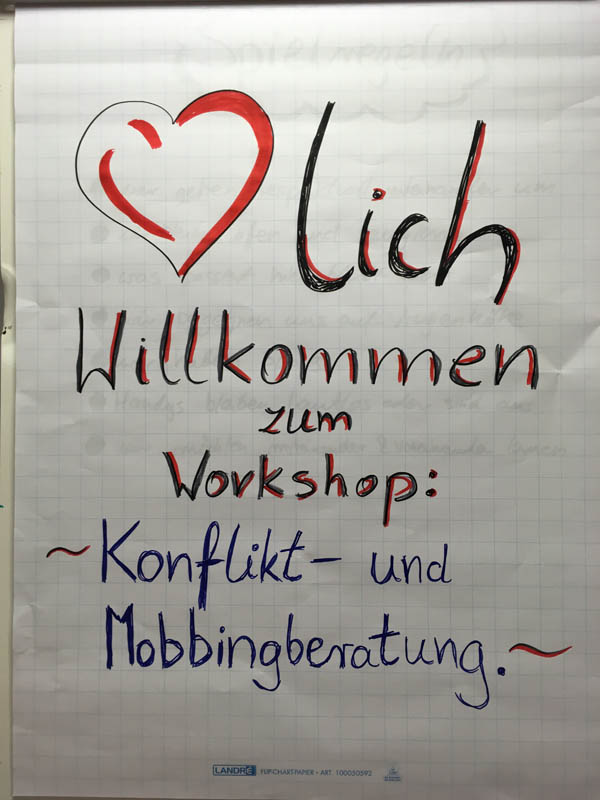 The concept for 2-day workshop, we drafted using the integral map. The integral approach assumes that a part is an existing whole, but also and at the same time part of a larger whole. It works with main perspectives or dimensions of reality that are to be perceived and integrated as equal perspectives. These dimensions are: the individual, which includes personality, behavior and physique, the collective, which means being in relationship with others, and the dimension of processes and structures. Using the integral approach for the concept and during the workshops enabled the holistic view on the subject and gave participants the variety of tools and approached to deal with conflict and mobbing within their field of expertise.
The concept for 2-day workshop, we drafted using the integral map. The integral approach assumes that a part is an existing whole, but also and at the same time part of a larger whole. It works with main perspectives or dimensions of reality that are to be perceived and integrated as equal perspectives. These dimensions are: the individual, which includes personality, behavior and physique, the collective, which means being in relationship with others, and the dimension of processes and structures. Using the integral approach for the concept and during the workshops enabled the holistic view on the subject and gave participants the variety of tools and approached to deal with conflict and mobbing within their field of expertise.
Our workshops was designed to be interactive and through the variety of methods, the main focus was on experiencing oneself and trying it out. Short theoretical input was followed by role play, group work, critical incidents, discussions, diverse exercises and structural constellation. The group intelligence and the contributions enriched the quality of the workshops.
